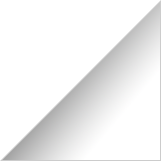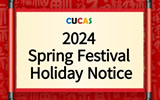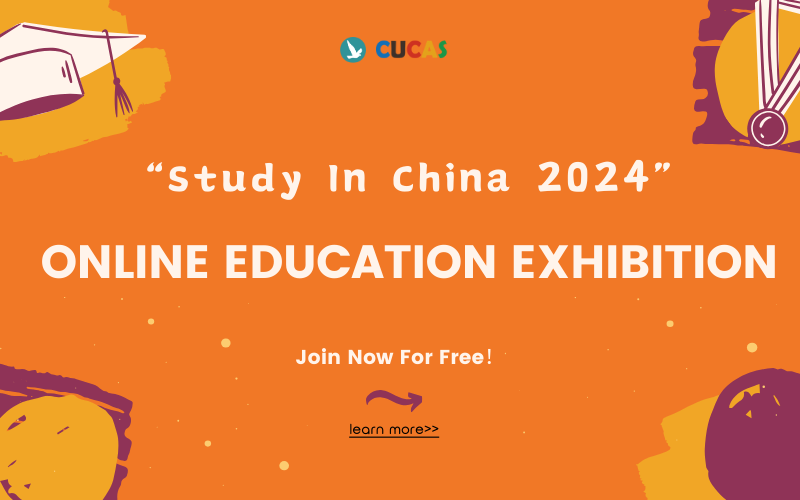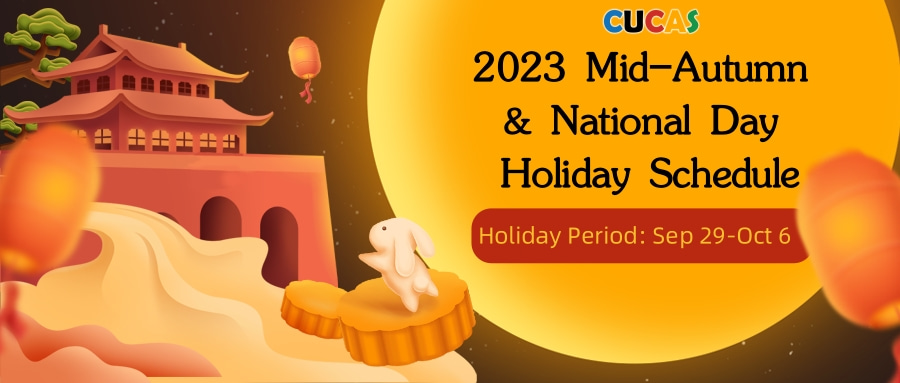On February 25, 2017, a dialogue took place between Nobel Laureate, Professor Fraser Stoddart and Professor Feng Jicai, the famous Chinese writer, artist and scholar on “Science and Art: A Pair of Wings”. Their historic meeting was at Tianjin University (TJU). Sir Fraser Stoddart received the Nobel Prize in Chemistry for the design and synthesis of molecular machines in 2016 and Prof. Feng is a Chinese writer and artist with the most articles in the textbooks of primary and middle schools. The talk, giving full play to the truthfulness of science and the magnificence of art, facilitated a lively encounter between the two.
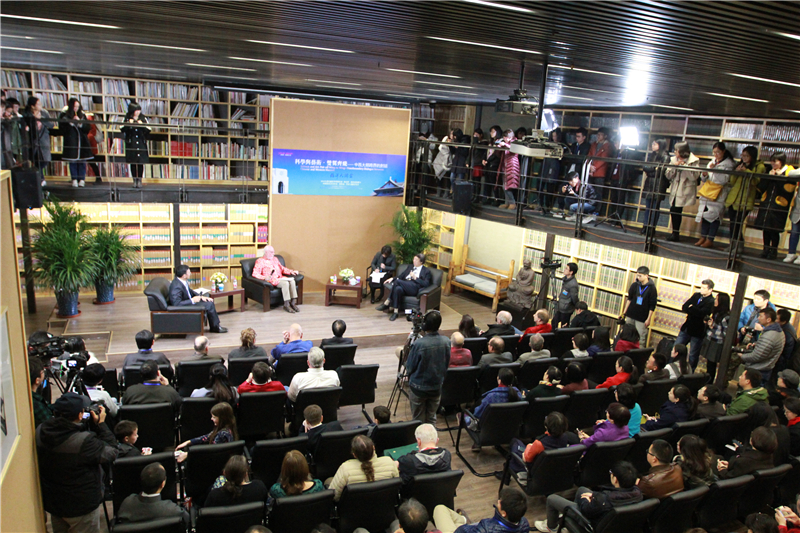
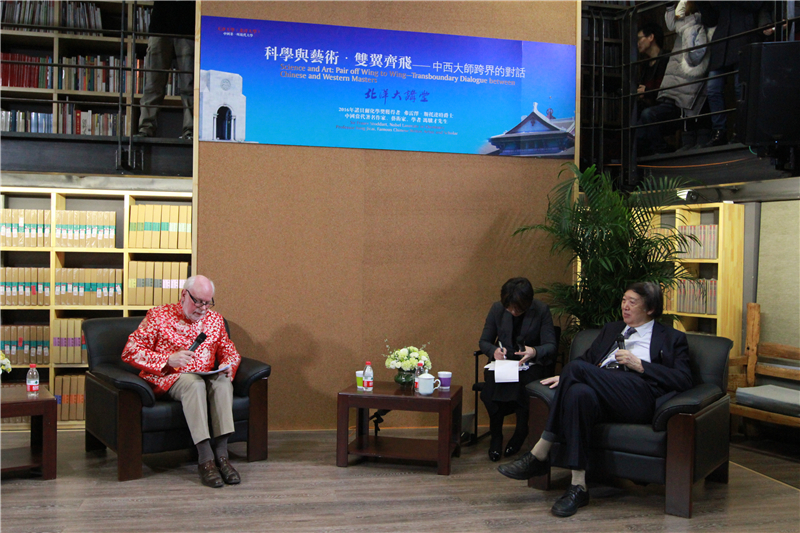
The appearance of the two masters was dramatic. While Sir Fraser wore a red Tang suit with dragon patterns on it, Prof. Feng came out in a business suit. “We didn’t consult on this beforehand. It’s out of pure respect for each other”, Prof. Feng explained.
In many people’s eyes, the relationship between science and art bears little resemblance. Prof. Feng held that they were indeed different: “Science is about the material world while art focuses on the spiritual aspect of human society. Science is to discover already existing things in the world while art is to create something new, such as music. I mean, in this world, initially, there was the sound of wind, birds and water; but no music. It was created.”
By contrast, Sir Fraser held the opposite opinion. “There is a seamless interaction between science and art. The two are integrated and interlocked. It has been reflected in my study of science. I enjoy art of different forms, from pictures and music to poems. I guess I join with an English novelist of my youth, C.P. Snow, who wrote about the two cultures of science and art.”
When the host asked how scientists and artists differ in life, Prof. Feng answered: “Artists view the world from a totally different perspective from scientists. Artists are always passionate and full of sympathy towards the world and people. They judge the world with the benchmark of beauty rather than right or wrong. They are sensitive and they work hard to touch people’s hearts.”
According to Sir Fraser, he did not start to focus on science until after high school, but he always viewed science, a subject that is vapid in most people’s eyes, as something abounding with beauty. “I have contributed some articles about beauty and chemistry in a book. I express my feeling towards beauty by doing scientific research. In effect, the bits of beauty in our life are often linked to physics, chemistry, biology, material science and engineering.”
Crosscultural inspiration and deduction
Inspiration and deduction was a topic of common curiosity among the audience, which consisted of the students and teachers of the School of Pharmaceutical Science and Technology and over a hundred top scientists from all over the world including two other Nobel laureates along with Sir Fraser. Regarding this topic, the two masters presented their separate understandings.
“Artists have their own logic, reasoning and philosophical meanings” Prof. Feng resorted to an example from philosophy addressed in the Tolstoy classic War and Peace, in which there is such a question: When a horse pulling a cart behind rushes down the hill, is the horse pulling the cart, or the other way round? “This is the philosophy of writers, which cannot do without images or figures. It’s different from the conceptual deduction of scientists. But both art and science come from humans ultimately. They are integrated in the person.”
Sir Fraser agreed saying: “I don’t know whether I’m an artist or scientist sometimes. I’m an integrated person. I was inspired by Picasso and Beethoven, and I’m also inspired by creating things that were never created before. Art helps scientists work in the abstract world.”
In their eyes, there exists a trans-cultural chemical reaction between inspiration and deduction. Prof. Feng said: “It reminds me of Da Vinci. In the Renaissance era, artists took anatomy and scenography from scientists. Because of the former, landscape painting appeared; because of the latter, masters like Michelangelo appeared.”
Sir Fraser said, “Maybe I am regarded as a scientist. But at the same time I’m also an artist. The way that scientists create something new is analogous to artists’ creation. Science is nothing mysterious.”
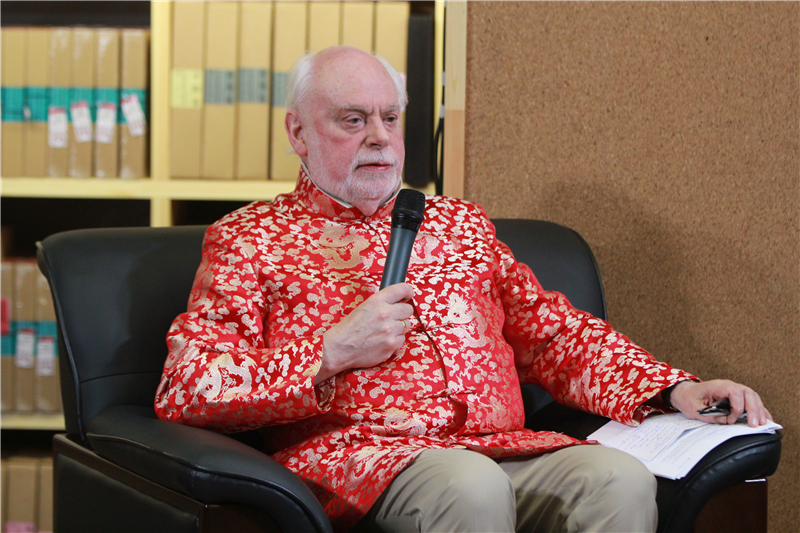
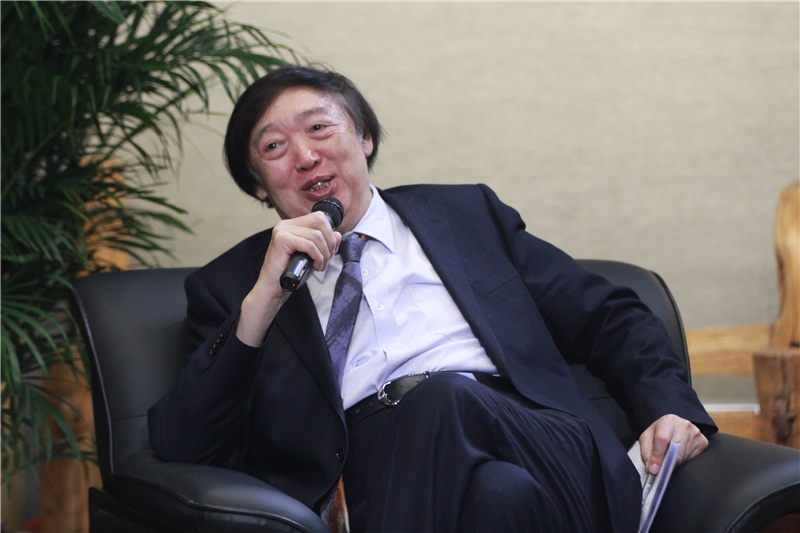
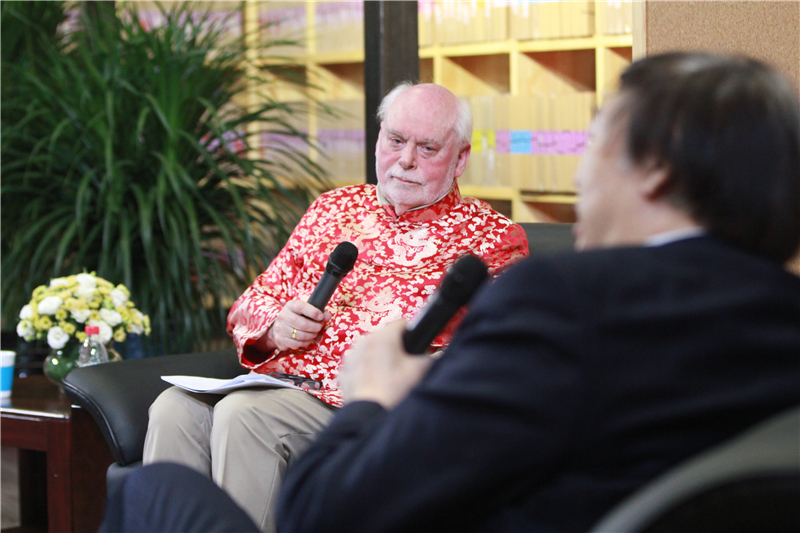
Focusing on the question of Qian Xuesen
It was not widely known that both the two masters are professors at TJU. Consequently, apart from science and art, education was another topic for discussion.
Decades ago, Chinese Academician Qian Xuesen posed an abstruse question - "Why can’t Chinese schools cultivate outstanding talent?” Up until today an answer was expected from educational circles or even from the wider society. The two professors had some thoughts about this question.
Prof Feng candidly pointed out: “In professional fields, science and art are separated. There is no scientific courses in artistic majors and vice versa. I have no idea whether it is considered an extreme form of education. Now many universities in China are constructing comprehensive disciplines, but still, the schools of science and art in a university have little communication.”
Sir Fraser offered his answer drawing on his own experience of study and living. “At the beginning of senior high school, I didn’t plan to be a scientist. I benefited a lot from Scottish education, which is now deeply affected by equality of thought. In education, we learn from subjects from all fields, including English literature, art, maths, geography, history, physics, biology and chemistry. That’s why such a small country has produced three Nobel Laureates.”
Prof. Feng approved of this idea. “Comprehensive education should especially attach great importance to education of the heart. To cultivate a talented person is to cultivate his or her sensibility towards the world. If a scientist lives with artistic feelings, he or she will benefit even if his or her profession is not related to art.” In Feng Jicai Research Institute of Literature and Art, there were a number of young teachers and students devoted to cultural heritage preservation, among whom students from science and engineering majors abound.
Sir Fraser donated his settling-in allowance in China to the establishment of “Stoddart Development Fund” in the School of Pharmaceutical Science and Technology of TJU. He believed that “students are the most important part of college education.” Scientists and artists, in different ways but with the same feeling, do their bit in talent cultivation.
In the talk, Sir Fraser, three times, put on his glasses and read the poems of renowned English poets, Alfred Tennyson, Robert Burns and Rudyard Kipling. Prof. Feng was deeply moved. “Listening to his reading of poems, I’m amazed that a scientist should have such humanistic feelings. Art is to love the world in a beautiful way.”
It might be impossible to exhaust the eternal topic of “science and art”. The views of the two masters coincided with the notable 19th-century French writer Gustave Flaubert, who said, “The further one goes, the more 'scientized' art should be. Meanwhile, science needs to be 'artified'. Science and art are like two people clambering the same mountain from two spots. Though parted at the foot of the mountain, they are bound to encounter each other at the peak. Together, science and art head toward the same realm of loftiest thought----truth and beauty.”
To finish, Sir Fraser stated, that from the perspective of a scientist, he saw no barriers to the integration of art and science. Prof. Feng voiced a similar opinion: “They will be more specialized as professions. But they will encounter humanity, as only then, can our society advance.”
Original Article From: http://www.tju.edu.cn/english/News/Latest_News.htm
Learn More and Apply: Tianjin University



